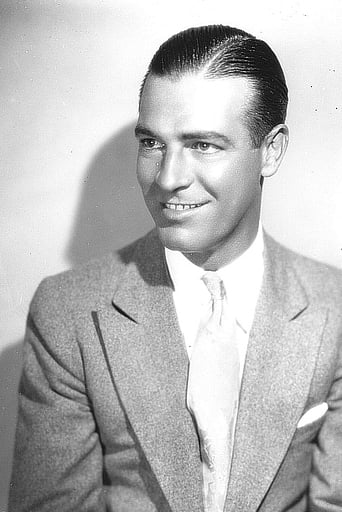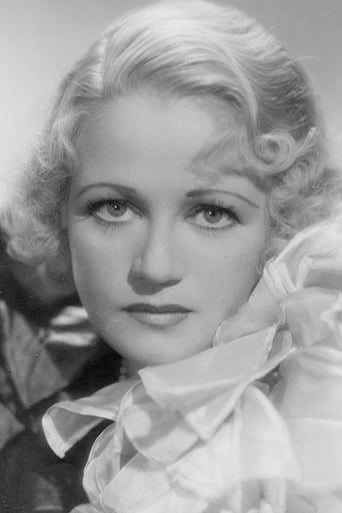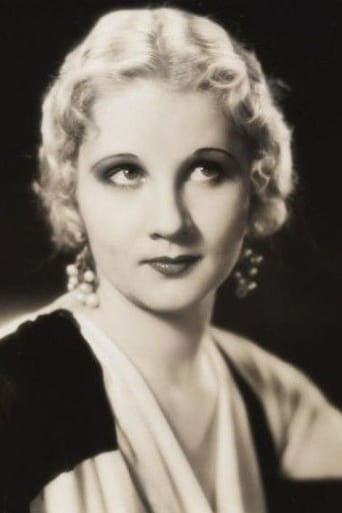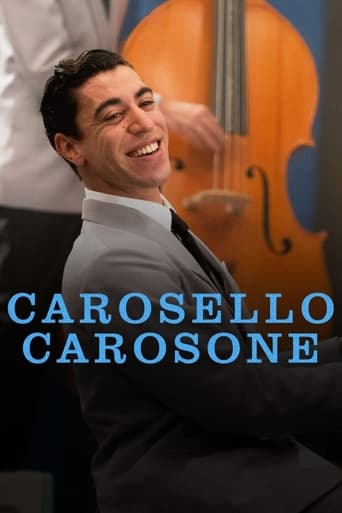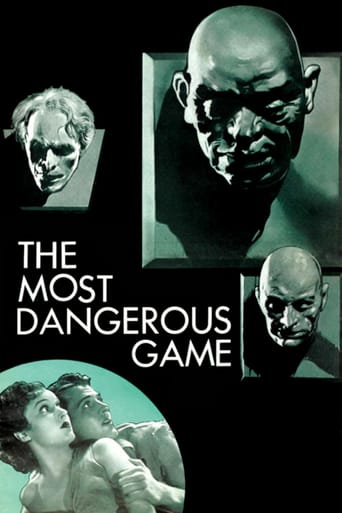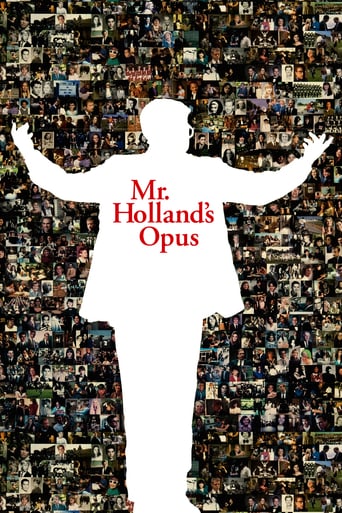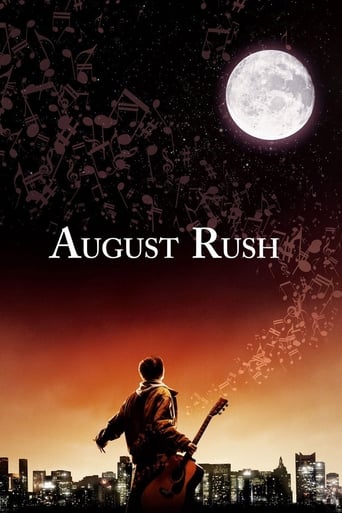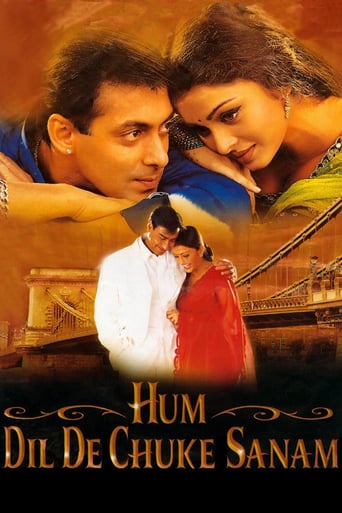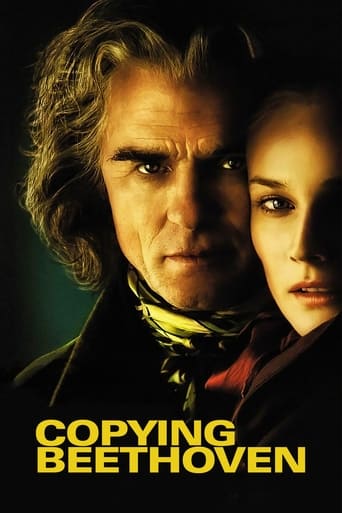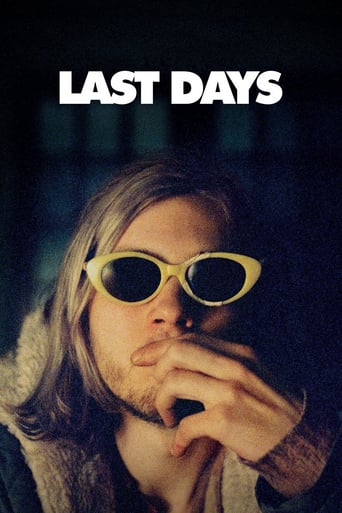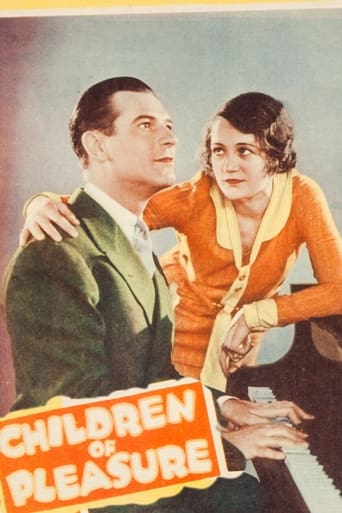
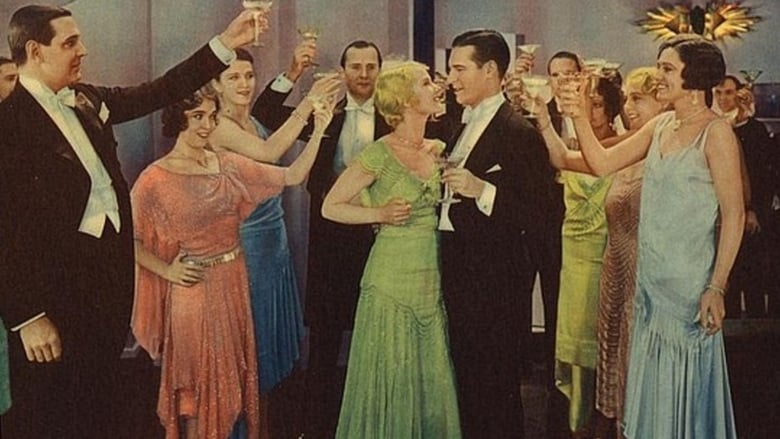
Children of Pleasure (1930)
A successful songwriter, dazzled by high society, falls for a society girl who is just playing around.
Watch Trailer
Cast
Similar titles
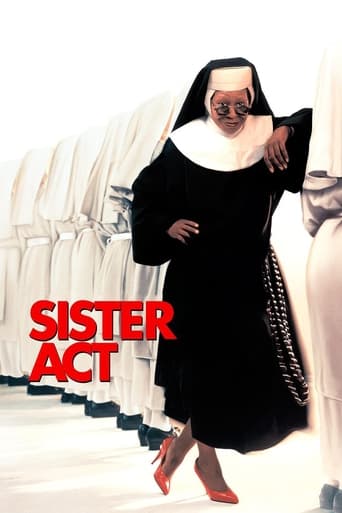

Reviews
Very disappointing...
Powerful
One of my all time favorites.
If you don't like this, we can't be friends.
Previous reviewers have hit the high spots in summarizing this 1930s musical from MGM. Lots of criticism has been thrown at the perceived inadequacies of the music and dance aspects of the movie. Yes, when looking at it through today's eyes, it looks dated, simplistic, and fairly unpolished. But the higher standards of the coming years hadn't arrived yet, so let's give this a break! Indeed the dance numbers could have been better rehearsed. If one looks closely, the footwork in the production numbers, while lacking Astaire/Rogers-like precision, is still pretty close. Where the real problems come are in the areas of arm, hand, head, and other body motions. It looks like those aspects of performance were never discussed with the cast, so the resulting dances look sloppy. But this was a step in the process of giving us the higher-level musical that some of us love so very much! Watch this film when you get the chance and enjoy this chapter in the development of an All-American art form!
CHILDREN OF PLEASURE (Metro-Goldwyn-Mayer, 1930), directed by Harry Beaumont, is only a title that has no bearing on the story. The film has no children yet the title makes one believe it to be one about a childless couple who take in foster kids to bring joy and happiness in their lives. Nothing like that here, not even a song bearing that title to end the story. The film overall, taken from a play "The Song Writer" by Crane Wilbur, (also credited for dialogue), as scripted by Richard Schayer, is a musical about a fictitional songwriter. Following the formula pattern of screen musicals that have become the rage during the motion picture transition from silent to talkies, Beaumont, the director responsible for MGM's first musical and Academy Award winner, "The Broadway Melody" (1929) gives it another try placing the dark-haired, smiley-faced Lawrence Gray, Helen Johnson and Wynne Gibson in the leads rather than reuniting its "Broadway Melody" trio of Charles King, Anita Page and Bessie Love. While "The Broadway Melody" proved beneficial for the studio, with countless imitations that followed during the 1929-30 season, CHILDREN OF PLEASURE is simply one of minor importance.As with "Broadway Melody," the plot is set mostly in the Broadway district of Manhattan where Danny Regan (Lawrence Gray), a young composer from the Bronx, coming to see and hear the songs he's written for stage performances at a local theater starring his friends, Fanny Kaye (May Boley), the featured singer (with four ex-husbands), and her partner, Andy Little, nee Levine (Benny Rubin) at the piano. During the show, Danny, who's in a relationship with Emma Gray (Wynne Gibson), secretary to song publisher Bernie (Lee Kohlmar), becomes infatuated with a beautiful blonde patron (Helen Johnson) seated next to him. He continues to give her the eye after she leaves. Danny notices the same blonde once again while attending another show featuring his melodies, this time meeting and making the acquaintance with heiress Patricia Thayer. Even though Patricia has been engaged "a dozen times" to Robert Peck (Kenneth Thomson), and not really in Danny's social class, she agrees to marry him as an experiment rather than for love, with intentions of divorce once she becomes bored with him. After Danny overhears her intentions conversed with Peck the day of their wedding, he tells her off and leaves, to become a hopeless drunk. As Emma tries to help Danny through his troubles, and Patricia wanting to explain what he's overheard, it's Danny who really settles the score.On the musical program, songs include: "A Couple of Birds With the Same Thing in Mind" by Howard Johnson, George Ward and Reggie Montgomery (sung by May Boley, tap dance by male ensemble in black-face); "Raisin' the Dust" (sung by Lawrence Gray); Raisin' the Dust" (reprise, production number performed by May Boley and ensemble in devil costumes, one being future film actress Ann Dvorak); "Girl Trouble" by Andy Rice and Fred Fisher (sung by Gray, comic act performance by Benny Rubin and Wynne Gibson); " As I See You" "Leave It That Way" and "A While Darn Thing For You" (all sung by Gray, the latter accompanied by The Rounders). Of the songs, the last two are easily the best, while the initial two are given okay production number treatment choreographed by Sammy Lee.While the pattern of entertainer/composer forsaking good girl for the love of the wrong one can easily be traced to recent musicals, notable exceptions being THE SINGING FOOL (1928) with Al Jolson; THE DANCE OF LIFE (1929) with Hal Skelly; and PUTTIN' ON THE RITZ (1930) with Harry Richman, CHILDREN OF PLEASURE, which should have been titled "Girl Trouble," very much belongs to the now forgotten Lawrence Gray. Aside from being in films since the silent era, and quite an acceptable singer, his career would fade to obscurity by the mid 1930s, never making the grade in popular singer category as popular singer as Al Jolson, Bing Crosby or Frank Sinatra. Wynne Gibson, shortly before developing her craft as a "tough fame" over at Paramount and RKO Radio, is agreeable in the good girl role, while Helen Johnson (who later changed her name to Judith Wood), could physically be the equivalent to Josephine Dunn's performance in Jolson's THE SINGING FOOL, though Lawrence Gray doesn't end up singing a sad song like "Sonny Boy" to drown out his sorrows.As much as CHILDREN OF PLEASURE lacks top names of real interest, then and now, film buffs should take great interest in spotting Jack Benny, future radio and TV comedian, and Cliff Edwards, in separate cameo roles playing themselves. Benny Rubin and May Boley as the secondary couple, offer comedy support through verbal exchanges reflecting more like vaudeville routines than natural flare of speaking, while Lee Kohlmar's Jewish dialect with Woody Woodpecker sounding laugh for stereotypical humor is definitely a reflection of the times way back when.Though far from being a classic in any sense, CHILDREN OF PLEASURE should score well for those interested in the history and development of early screen musicals such as this. Seldom revived, even on Turner Classic Movies cable channel, don't expect finding any children in this one, only Lawrence Gray the composer who writes the songs. (**)
Absolutely Abysmal Early Talkie Musical that is One of those that is Totally Forgotten and for Good Reason. It is an Example of Hollywood Unmasked for what it can be at its Worse. Even in 1930 this must have been Awful. Considering Neither the Director nor the Stars did Anything Worth a Note After this Bomb.There is a Fat Leading Lady Singing and Dancing as a Wondrous Stage Star and is the Blunt of Ugly and Weight Related Humor. There are Jewish Comedians and Songwriters that are Stereotypical Embarrassing.One Staged Musical Extravaganza with Dozens of Shapely Girls in Rotation and Counter Rotation that Anticipates Busby Berkley is a Highlight, but Mostly the Movie is a Tough Watch because it is So Dated that it Cannot even be Seen as High Camp. It's just One Cringe Inducing Scene After Another. This One has been Relegated to the Dust Bin and Once in a While TCM Brushes it Off for a Screening, but that Only Reinforces its Place in what can Only be Described as a Pathetic Picture.
Snappy musical of songwriter (Lawrence Gray) who falls for a society girl (Helen Johnson) much to the chagrin of his faithful secretary (Wynne Gibson). Gray sings a few songs and there are some productions numbers from Broadway shows that feature May Boley, Benny Rubin, and Gibson.Supposedly loosely based on the life of Irving Berlin, this is an interesting early musical, one of many that Gray starred in. The songs are pretty much integrated into the plot and chart the course of love as Gray writes songs for Johnson (also known as Judith Wood) and then creates dark lyrics when he learns she's only out for a lark.I suspect some material has been cut and long lost since the film clocks in at a little over an hour.Gray is a pleasant leading man, Gibson a surprise in her singing number, Boley a powerhouse (despite the hideous costumes) as the "red hot mama," and Rubin always good for a laugh. Cameos by Jack Benny and Cliff Edwards don't add much. Co-stars include Kenneth Thomson, Ann Dvorak (chorus girl), Mary Carlisle, Lee Kohlmar, and Doris McMahon, the girl from Buster Keaton's FREE AND EASY who wants to sing a funny song.
